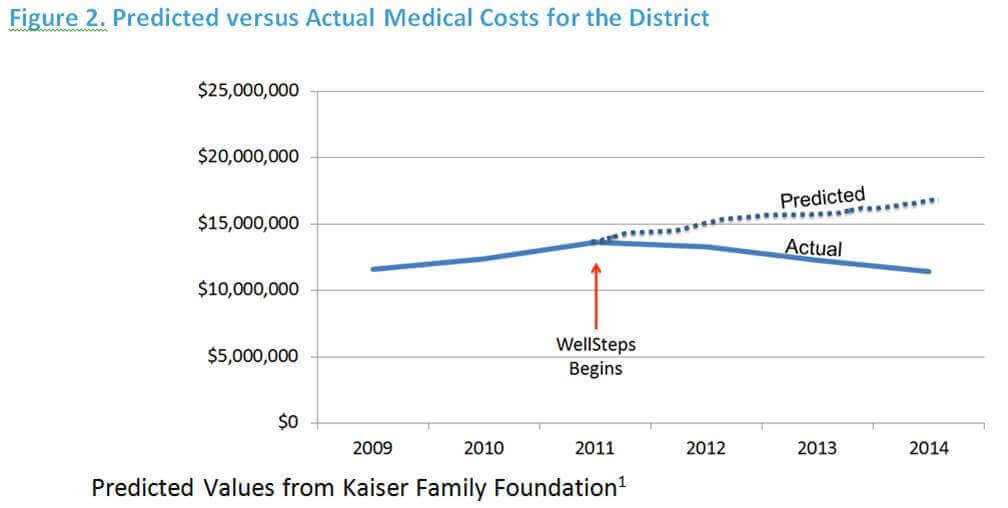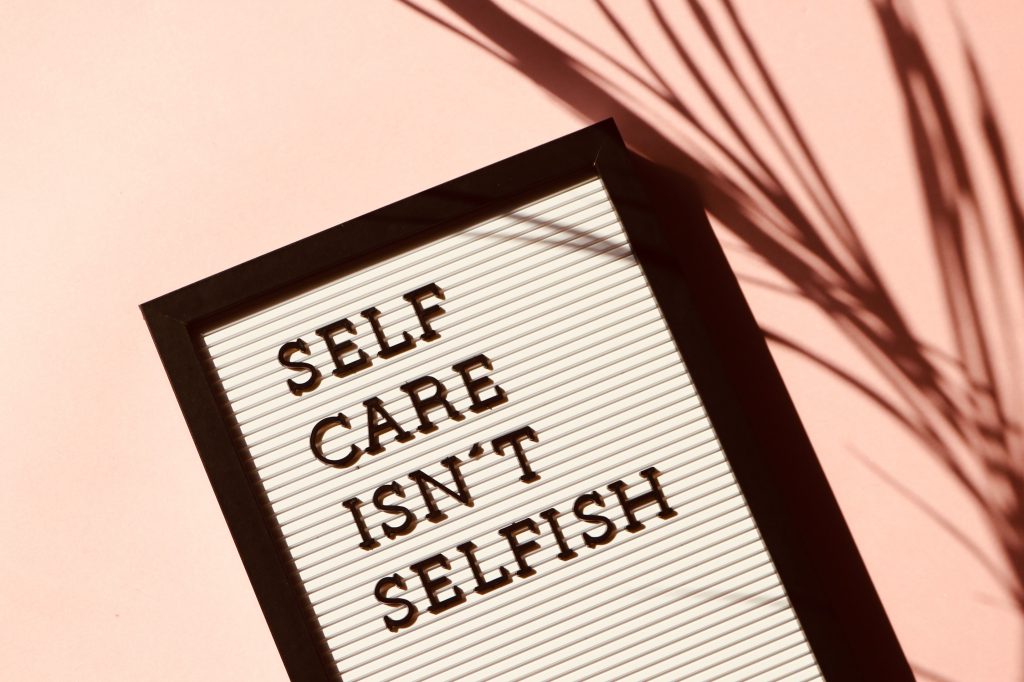There are almost 100 different studies that have looked at the financial impact of wellness programs. These studies are not easy to do, they require extremely complicated ROI analyses, and they take years to complete.
In 2001, a comprehensive review on the financial impact of worksite wellness programs was published. That study reviewed 100 different research papers. The ability of a wellness program to reduce healthcare costs depends upon how effective the program really is. Having an occasional lunch and learn about nutrition or just doing a biometric screening will not be enough to move the healthcare cost needle.
Comprehensive worksite wellness programs that improve employee behaviors will see a bending of the healthcare cost trend. Most often they will discover that the savings from program participation will be greater than the actual cost of the program.
Almost everyone of these return on investment (ROI) studies show a positive return on investment. Researchers from Harvard recently published another summary of the wellness ROI research.
Here is what they found:
| Study Focus | Number of Studies | Average Study Length | Average ROI |
|---|---|---|---|
| Health Care Costs | 22 | 3 years | 3.27 |
Source: Health Affairs
Among the 22 different studies that looked at wellness programs and healthcare costs, the average return on investment was 3.27. This means that for every dollar that was spent on the program the company saved $3.27 because of reduced healthcare costs.
Last year researchers evaluated the impact of the WellSteps wellness program at a large school district. Here is the actual healthcare cost trend for this worksite. After four years of wellness this worksite is actually spending less on healthcare costs than it did before the program began. For every dollar they spent on wellness they saved $3.3.

Source: Merrill et al. 2015
Anyone who still thinks wellness programs don’t improve health is choosing to completely ignore hundreds of peer-reviewed scientific research papers that say otherwise.

